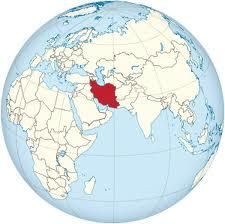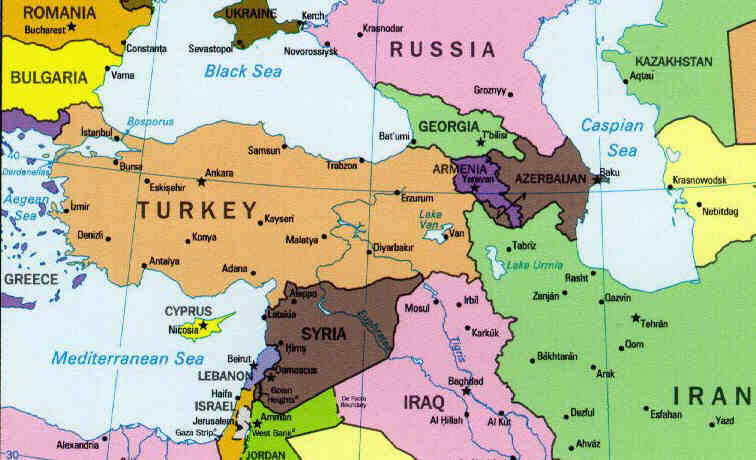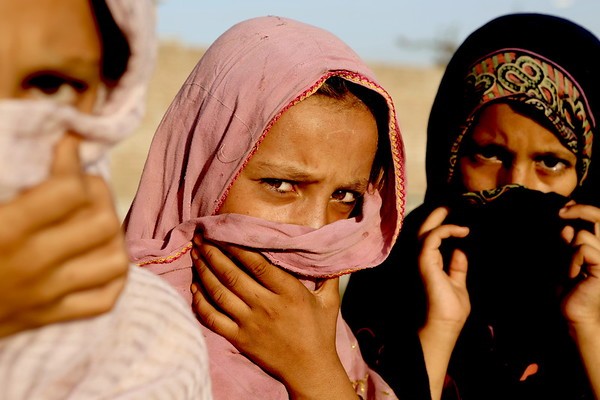DUSHANBE (TCA) — The ban of the Islamic Renaissance Party of Tajikistan and subsequent persecution of the opposition party activists by Tajik authorities has forced many of them to seek political asylum in the European Union, where they often get unwelcome reception. We are republishing this article on the issue by Agnieszka Pikulicka-Wilczewska, originally published by Eurasianet: Kalandar Sadurdinov, a 70-year-old from Tajikistan, is one of thousands wanted back home for his opposition activism. He spends much of his time these days getting treatment for an array of ailments, ranging from liver trouble to brain damage. His wife and six children wait for him at the refugee facility in Biała Podlaska, on the far eastern edge of Poland, where the whole family now lives. And earlier this month, Polish authorities informed Sadurdinov, who is worn down by months of bureaucratic wrangling and has trouble speaking and can barely walk, that they have rejected his application for asylum. Sadurdinov is among a growing number of Tajik political refugees to find Poland an unwelcoming haven. He arrived in September 2017 through a border crossing near the Belarusian city of Brest. That crossing presents a natural approach point for Tajiks making their way across Russia and Belarus toward the relative safety of the European Union. Remaining in Russia, or even traveling to other once-secure locations like Turkey, leaves political figures open to murder and assaults at the hands of agents for the Tajik government. In some instances, governments in those countries have actively abetted Tajikistan in effecting extralegal extraditions – kidnapping, to all intents and purposes. The wave of Tajik flight began in the fall of 2015, when Tajikistan summarily banned the Islamic Renaissance Party, or IRPT. The existence of the opposition group had long been warily tolerated, but President Emomali Rahmon’s regime brought that to an end with a spate of arrests and the decision to dub the IRPT a terrorist organization. No country in the West endorses that decision, which is almost universally accepted as being politically motivated. In 2016, 882 Tajiks applied for asylum in Poland. With the exodus having attenuated, the number of applications is falling. Last year, only 154 Tajiks formally sought haven in the country. The number of rejections, meanwhile, is rising. According to the Office for Foreigners, 153 Tajik citizens were denied asylum last year. That number was 109 in 2016. Fleeing Poland Around 100 or so IRPT members have received asylum in Poland. Another 25 cases are pending review following initial rejections. Prolonged waiting generates anxiety. Fear of potential deportation to Tajikistan, where IRPT members face imprisonment and possible torture, compels many to try their luck in other EU nations like Germany, Austria and France, before they complete the asylum-seeking procedure in Poland. It isn’t just the specter of deportation that informs this strategy. “In other countries, like Germany, France and Austria, there are more migrants, people are used to different cultures and asylum seekers can meet people from their countries,” Muhamadjon Kabirov, an IRPT...






